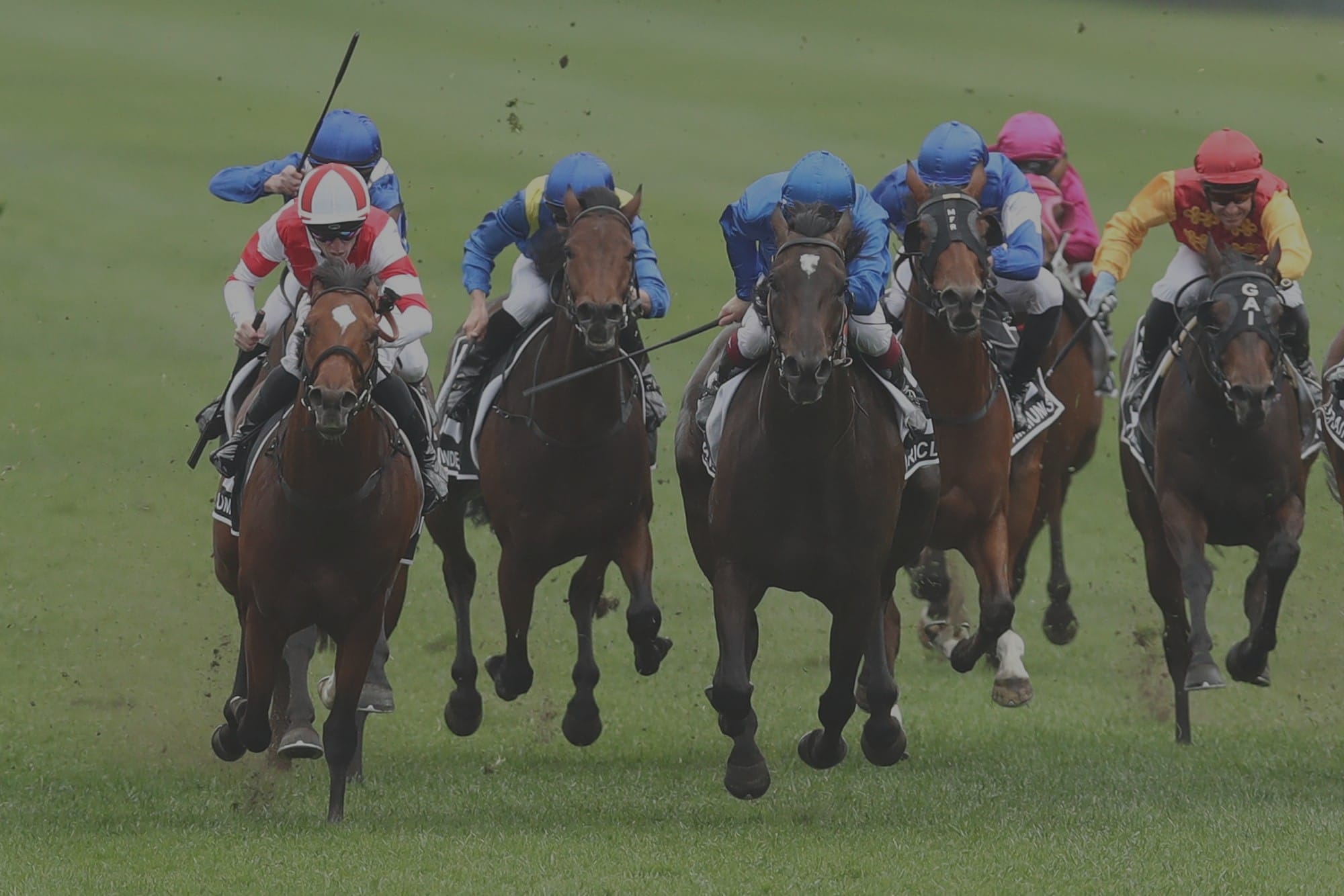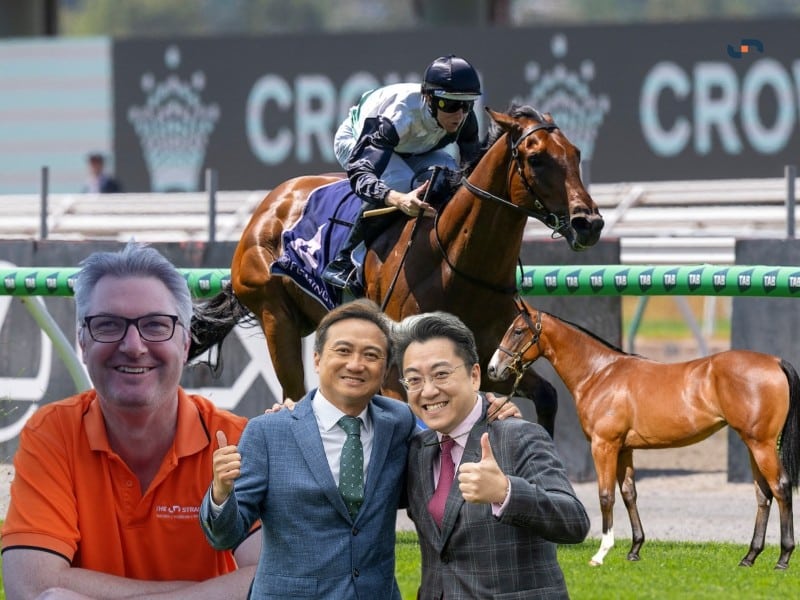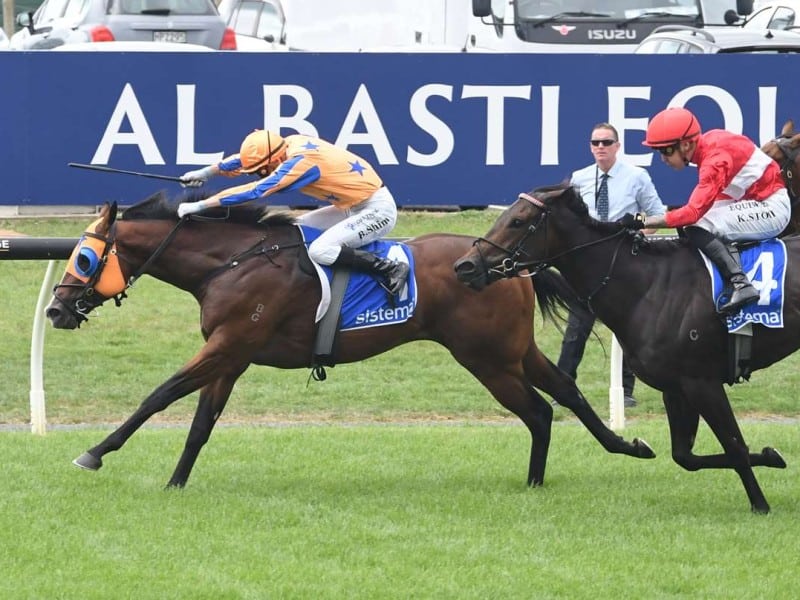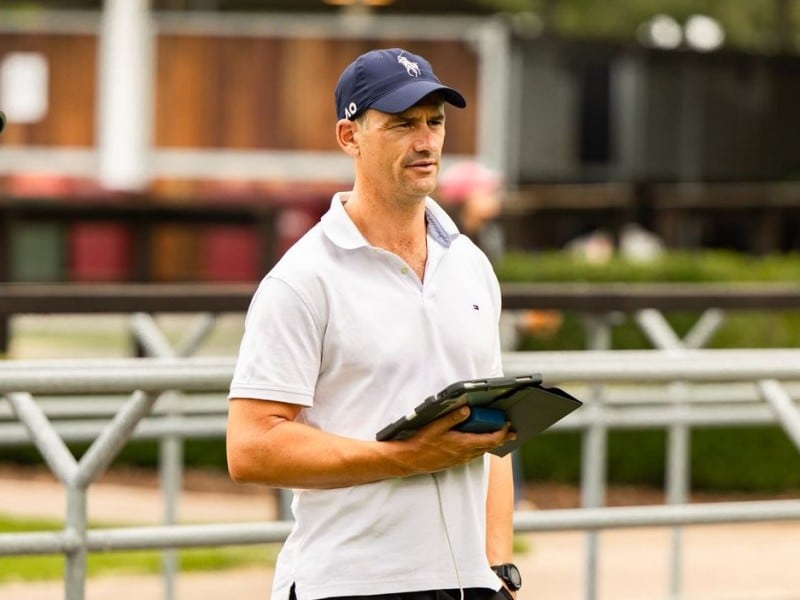‘We ask a lot of these people’ – What’s behind Australia’s shortage of equine reproductive vets
The 24-7 demands on equine reproductive veterinarians makes it a hard sell when it comes to attracting graduates. Helen Thomas spoke to a host of industry experts to examine why Australia has an acute shortage of such specialists.
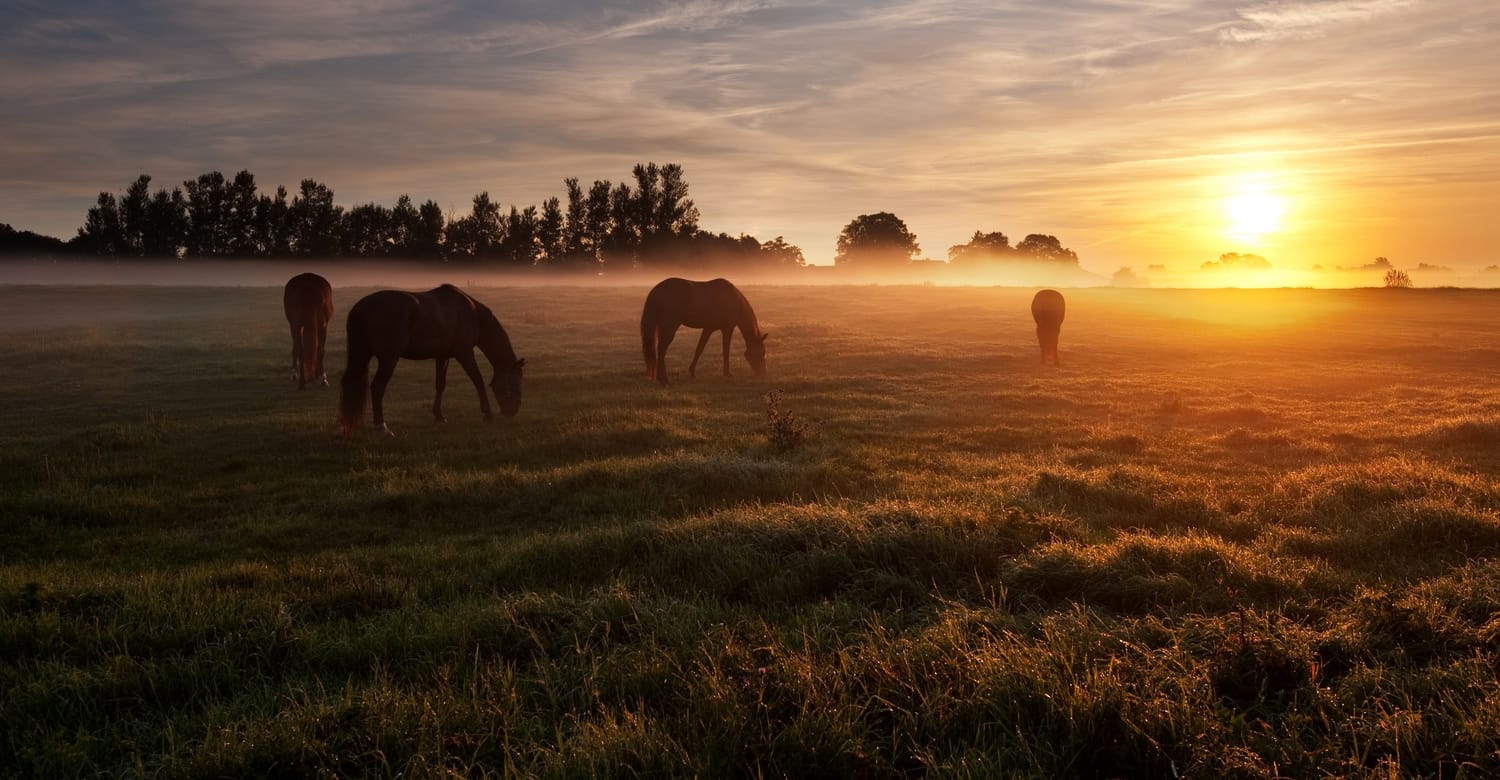
“What is a weekend?”
One of Dame Maggie Smith’s quips as the dowager Countess of Grantham from an early episode of Downton Abbey has been referenced many times since her recent death.
And the much-loved one-liner from a series set in early 20th century Britain could actually be a key part of a problem bedevilling Australia’s contemporary thoroughbred breeding industry: the shortage of equine reproduction (or ‘repro’) vets.
Depending on one’s perspective, this is either a decades-long trend that’s now more apparent, reflecting the broader community’s ‘work/life’ expectations – or a more dramatic scenario that could become critical for the industry.
Major concerns for some of our most experienced equine specialists include an increasing need to recruit internationally, to ensure enough specialists are available for the intensive five-month (September-January) breeding period in Australia; the loss of traditional ‘hands-on’ expertise in the field and the low number of young men graduating as equine vets.
David Pascoe, director and reproduction specialist at Oakey Veterinary Hospital in Queensland, worries that effective specialisation is being lost.
“What’s happening is that (in) smaller vet clinics across the country, people are just dabbling in reproduction; I think that would be the simplest way to put it,” the adjunct professor at Queensland University says.
“They think they can learn a little bit and away they go, which isn’t probably doing the country a great service, because they don’t have any (of the) high-end skills that they need.”
Pascoe’s areas of specialisation include twin pregnancy reduction techniques and treating infertility in broodmares, so his is an expert’s overview.
“I think the biggest thing is really understanding the whole reproductive cycle, male and female, but particularly female,” he said.
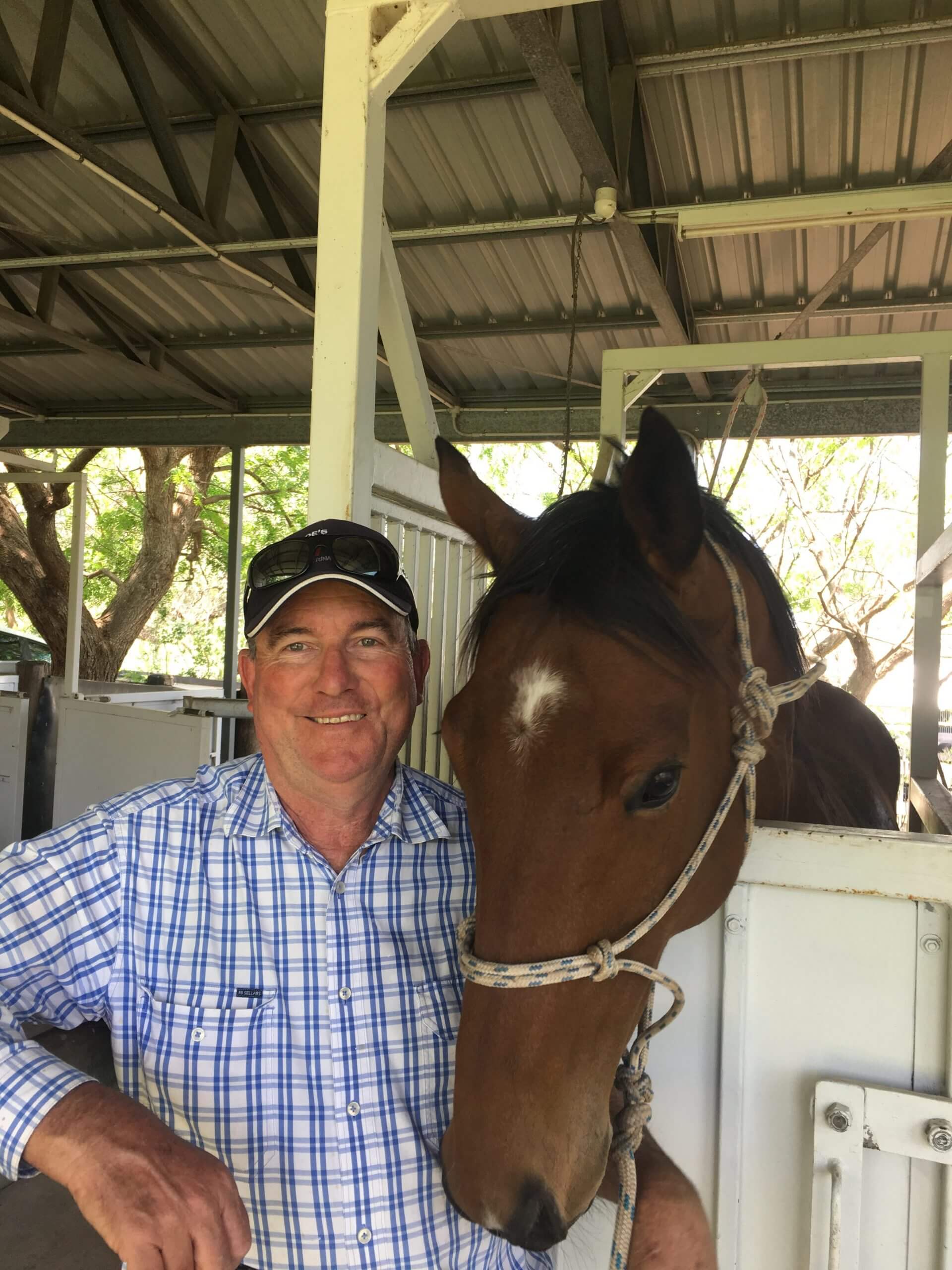
Al Simson, principal veterinarian and owner of Carmyle Veterinary Services in the NSW Hunter Valley, fears those who work in the field are losing important ‘hands-on’ skills.
“In 1982, we started using ultrasound to help us,” the renowned equine reproduction technician recalls.
“Before that, we used to palpate the mares and be able to tell (how they were) by palpation, which is our sense of touch. What’s happened is, because everyone just uses the ultrasound now, they’ve lost the skills to palpate and so they’re not teaching that anymore.”
But the significant issue that’s shared across the profession seems to be the basic lack of interest young veterinary students have in equine reproduction.
One respected authority is blunt in her description of the discipline. She maintains it’s a ‘hard sell’ within an already challenging scenario and the profession needs to change the way it does business.
“I think ‘equine veterinary’ on the whole (is) difficult, it’s a difficult sell,” says Jen Clulow, an associate professor in veterinary reproduction at Charles Sturt University, Wagga.
One of the most obvious reasons for this is the comparison to the workload of ‘small animal’ vets.
“They have a much better lifestyle, right?” Clulow points out. “Small animal practice veterinarians on the whole receive a higher income and quite often, they’re offered things like four-day weeks, no ‘after hours’, no weekend work.
“Reproduction is a whole other beast, because the mares don’t really care what day of the week it is. No, they’ll cycle every day (and) we’re getting more pressure to have mares scanned more frequently.
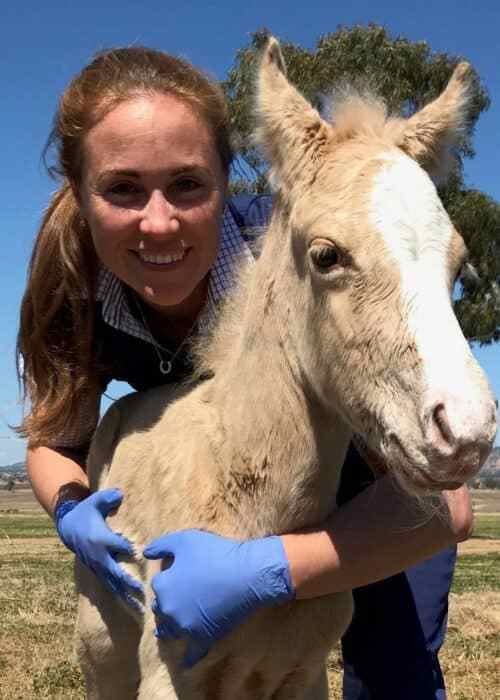
“Even 15 years ago, they were scanning mares every other day; now, it would be unusual not to scan a couple of mares on a Sunday. The studs are requiring you to scan mares on a Sunday, because their stallions are so busy.”
On the other side of the breeding barn, some stallions are covering up to three or four mares a day, another reason the ‘repro vets’ schedules are so full. What is a weekend, indeed?
“It’s becoming harder and harder to find individuals that are keen to work the way that equine veterinarians have worked in the past,” the veterinary reproduction specialist tells The Straight.
“And I think we, as a profession, probably need to change the way we do things to continue to attract our veterinary graduates.”
The Australian Veterinarian Association website boasts 8500 members and describes the Equine Veterinarians Australia Group as “a special interest group of the AVA”.
Formed in 1971, the EVA currently has “1000 members in Australia, New Zealand, England, Hong Kong, Singapore, USA and South Africa”. Not huge numbers, by any count.
“It’s becoming harder and harder to find individuals that are keen to work the way that equine veterinarians have worked in the past” – Jen Clulow
Cameron Collins, managing director of Scone Equine Hospital in the NSW Hunter Valley, says his group of clinics – in Avenel, Victoria and Tamworth – is already trying to improve those stats.
“We’ve probably got 20 ‘repro vets’ and there’s a range of experience there; guys who’ve been doing it for 30 years and people who are in their first couple of years,” he said.
“Maybe we’re in a fortunate position of having enough size to develop a pipeline of people. But I would have to say it’s a bit like any expertise, you need the opportunity for people to grow into it. You know, nobody’s born a privileged ‘repro vet’; in fact, lots of them don’t want to be a ‘repro vet’, because it’s covered in horse manure and flies.
“But it’s core business for us, having to provide that service, (because) we’re largely thoroughbred-based.
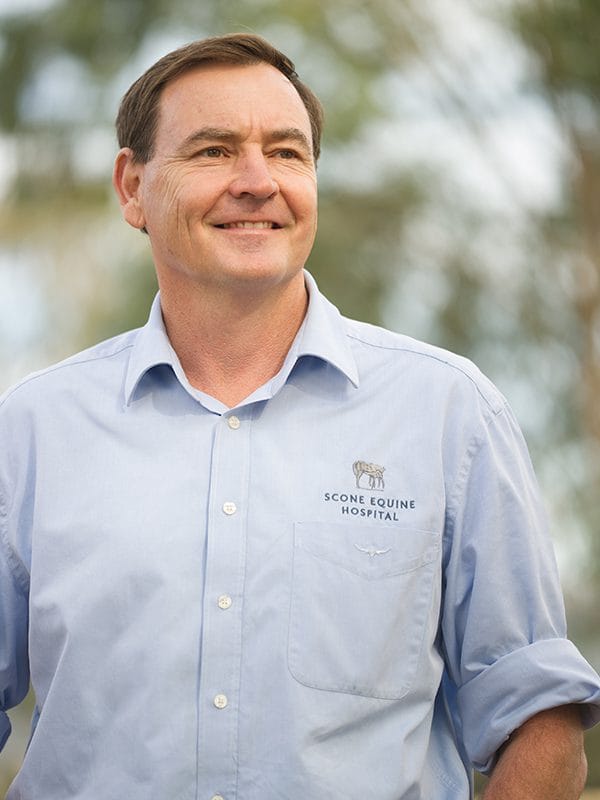
“Surgery, medicine and reproduction are our key services, so we put a fair bit of work into finding young vets who are interested, training them over a couple of years, two to three years – and then letting them get stuck in, basically. And I think our clients are pretty accepting of that as well.”
Looking ahead, Jen Clulow takes the view that – while this is a matter Australia’s veterinary profession must grapple with – the thoroughbred industry needs to do so too.
“Interestingly, I had this discussion with a couple of vets up in the Hunter Valley recently. Their suggestion was that we try and encourage veterinary graduates to go into thoroughbred business, because it’s a really great vocation. It’s a very rewarding job. But we’ve got to get them into that job, we’ve got to attract those young vets into that job”.
How?
She suggests “thoroughbred-related scholarships” could be set up to encourage students onto farms, to experience what goes on there.
“Then I think we could probably encourage some more vets to get into the industry. I think once they’re there, they’ll be hooked. I think the problem is that we need people that are reproduction-focused,” she said.
But again, all their work must be acknowledged. She points out that, on top of what’s required through each breeding season, “we then ask them to be general practitioners for the other half of the year”.
“We ask a lot of these people,” she says.

